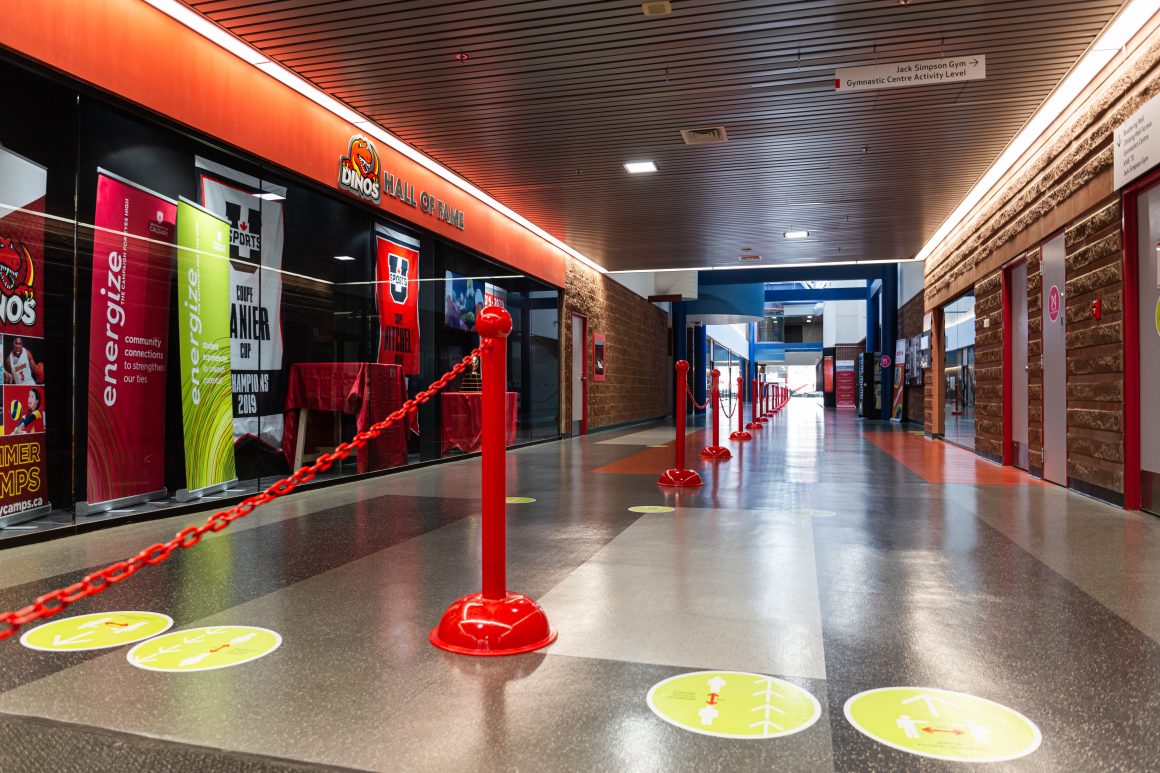
Undergraduate Kinesiology student takes a FRESH approach to assessing students’ fear of COVID-19
By Hanan Hammad, February 8 2020 —
The emergence of the COVID-19 virus has changed the lives of us all over the past year. There have been many changes to work environments, living arrangements, health-related behaviours and most notably, the pandemic has instilled a fear of viruses in us. Most of us are trying to do our best to protect ourselves through isolation, extensive hand sanitizer use and wearing masks in public spaces.
As post-secondary students navigate online learning, many struggle with loneliness, independent learning and perhaps a fear of the COVID-19 virus. A new survey has been developed called the Fear of COVID-19 Scale (FCV-19S) and is designed to measure self-reported fear of the virus. So far, there is no current research utilizing the FCV-19S to measure Canadian post-secondary students’ fear of COVID-19.
Madison Grande, who is in her last year in a BSc in Exercise Physiology, decided to take initiative and investigate the Fear of COVID-19 Effect on University Students for her undergraduate honours project . Along with her supervisor and principal investigator, Dr. Patricia Doyle-Baker, they are taking the study to the next level by also assessing changes to students’ health-related behaviours, such as physical activity, sleep and alcohol use — hence the acronym FRESH (Fear of COVID-19 Effect on University Students Health Behaviours).
“Being an undergraduate student makes me curious and makes me feel worried for my peers, so I really wanted to [do a project] that has an impact on those around me,” states Grande. “We are trying to understand if students are fearful of COVID-19 and how it’s impacting their health-related behaviours.”
Grande addresses her concern that students’ fear may be translating to negative coping behaviours like drinking more, smoking more, sleeping too much or not enough and compulsive eating behaviours. She strongly believes that this study will identify an association between stress levels and coping behaviours, so universities and student groups can begin to provide services to assist students to cope with their fear and associated stress in a healthy manner.
“I believe students appreciate [seeing] that someone cares about how they’re doing, because it’s tough. University is difficult, even without it being online,” adds Grande.
